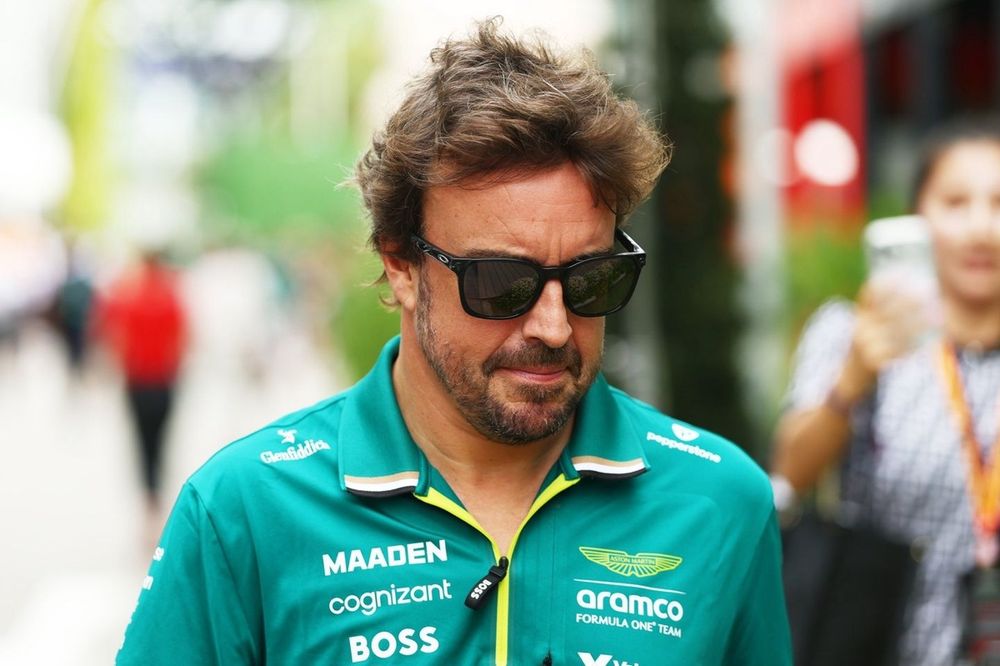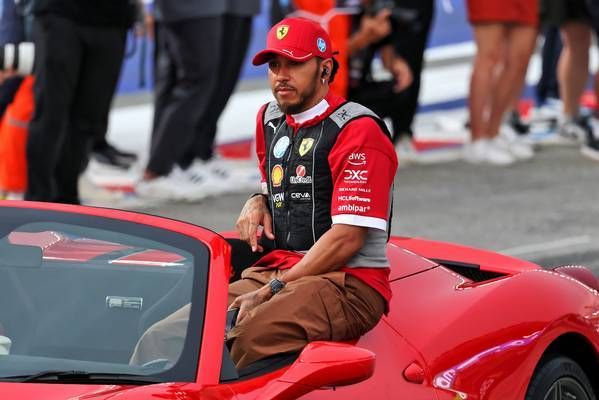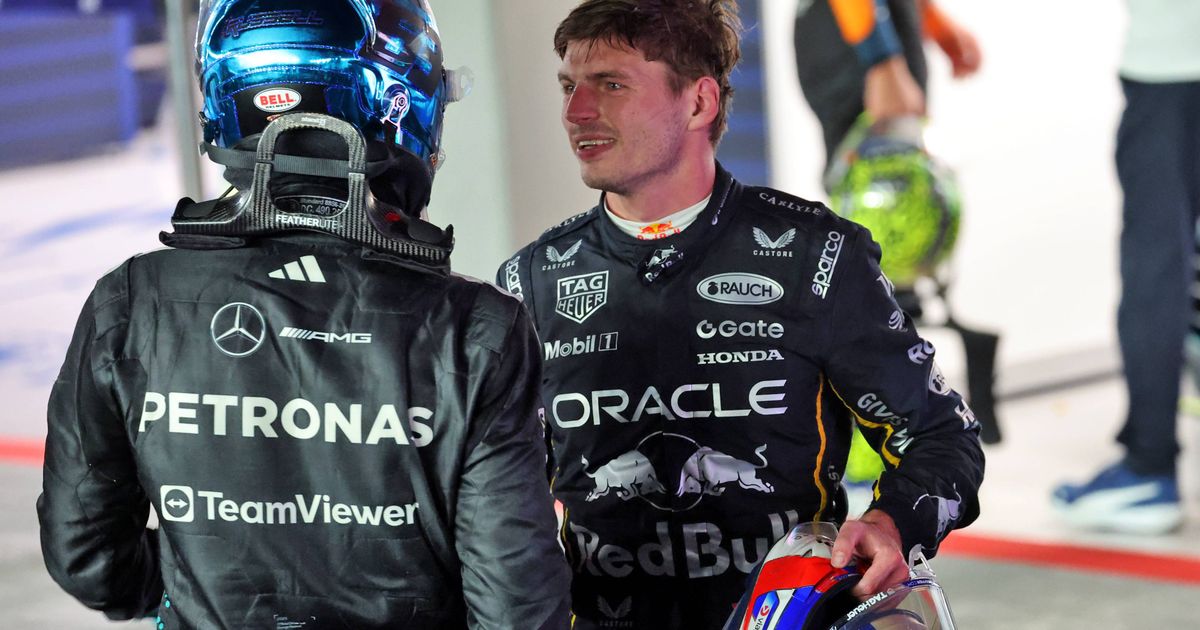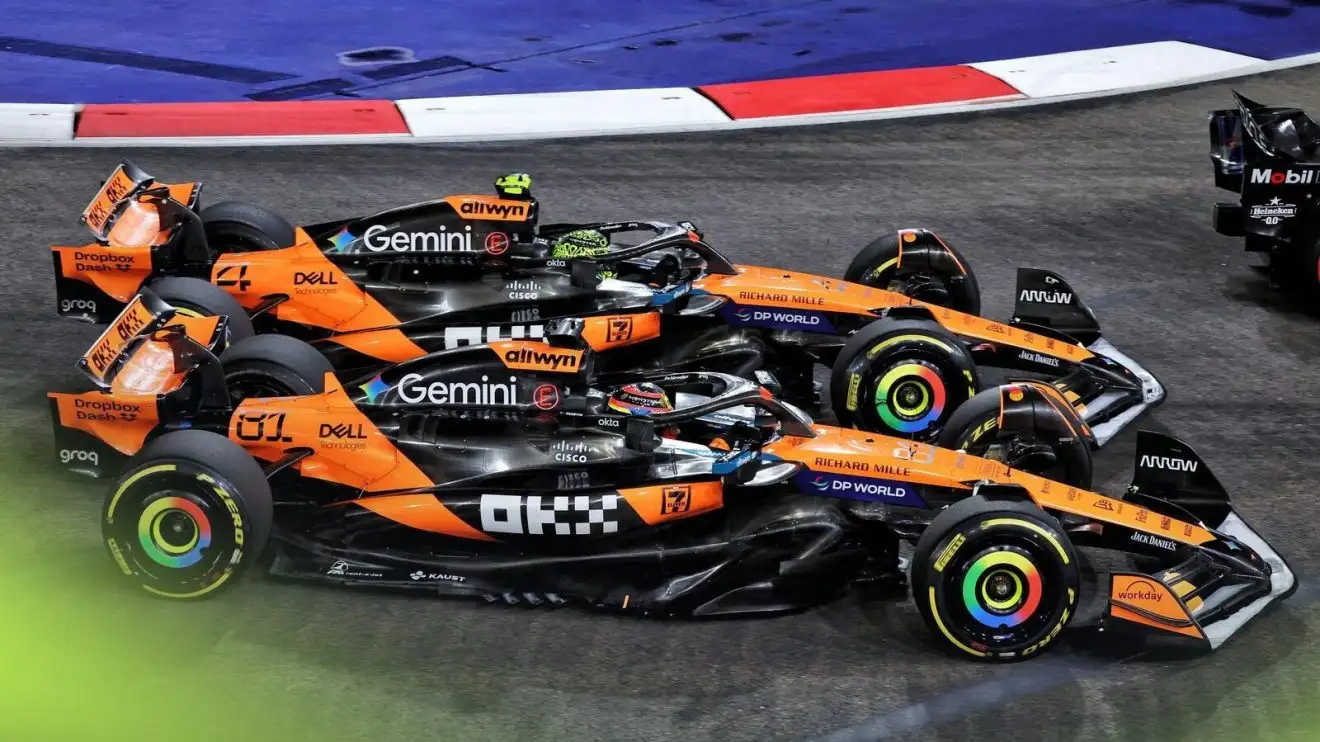
Carlos Sainz Details Why Mercedes' 2026 Engine Was Key to His Williams Move
Carlos Sainz has expressed strong confidence in Mercedes' ability to deliver a powerful engine for the 2026 Formula 1 season, citing it as a primary factor in his decision to join Williams. This move comes as F1 prepares for significant technical regulation changes, especially concerning power units, where Mercedes is rumored to be a leading force.
Why it matters:
Sainz's highly anticipated move to Williams, driven by his faith in Mercedes' 2026 power unit, signals a potential shift in the competitive landscape. If Mercedes indeed produces a dominant engine, Williams could be propelled up the grid, challenging established teams and offering Sainz a viable path to consistent points and podiums, something he's been seeking since his Ferrari departure.
The Details:
- Formula 1's 2026 regulations will introduce major changes to aerodynamics, chassis, fuel, and tires, with power units undergoing the most dramatic overhaul.
- During an interview with El Partidazo de COPE, Sainz explicitly stated, "It’s actually one of the main reasons I chose Williams for this new regulation change. I knew we’d be running the Mercedes power unit, and everything I’ve heard about it has been positive, and still is."
- Mercedes' Engine Prowess: Paddock rumors heavily suggest Mercedes is developing a highly competitive power unit for 2026, positioning them as a frontrunner in this crucial area.
- Beyond the Engine: Sainz acknowledges that while a strong engine is vital, chassis development remains equally critical. He noted that Mercedes will supply engines to four teams (Mercedes, McLaren, Alpine, and Williams), implying that chassis performance will differentiate success.
- McLaren, currently a top Mercedes customer, demonstrates how a strong chassis can maximize engine potential.
- Competitive Landscape: Sainz anticipates strong competition from other manufacturers, mentioning Aston Martin (with Honda) and Ferrari, highlighting that the battle for supremacy will involve multiple strong contenders.
The big picture:
Williams, a team Sainz considers "on the rise," has shown glimpses of improved performance and a positive team culture. Sainz himself has celebrated a "sweetest" career podium with Williams, indicating a belief in the team's upward trajectory despite recent struggles in maximizing weekend potential. His comments also reflect broader driver concerns about F1's broadcast quality, suggesting a desire for more on-track action coverage.
What's next:
Sainz's decision places a significant spotlight on Mercedes' 2026 power unit development and Williams' ability to integrate it into a competitive chassis. As the 2026 regulations draw closer, attention will focus on early engine development reports and how customer teams like Williams leverage their supplier's technology to climb the grid. If the Mercedes engine lives up to the hype, Sainz's gamble could pay off handsomely, potentially reigniting Williams' fortunes.
Original Article :https://www.gpblog.com/en/news/how-good-is-mercedes-2026-engine-sainz-chose-will...









